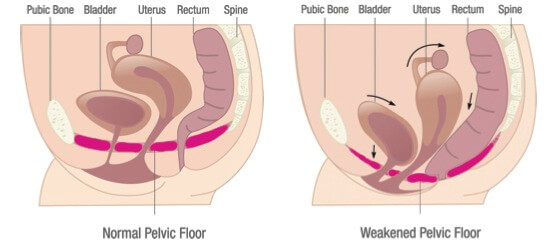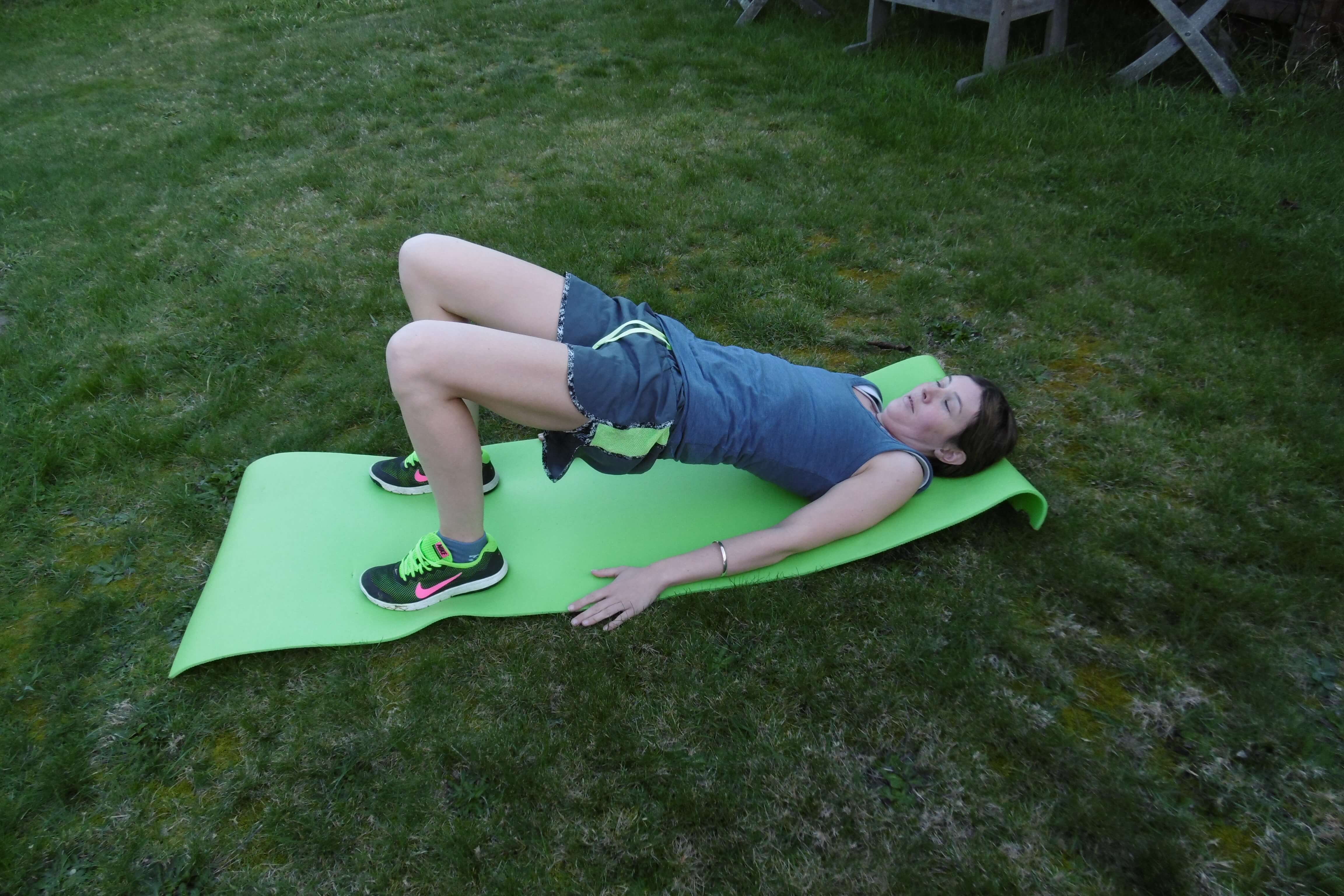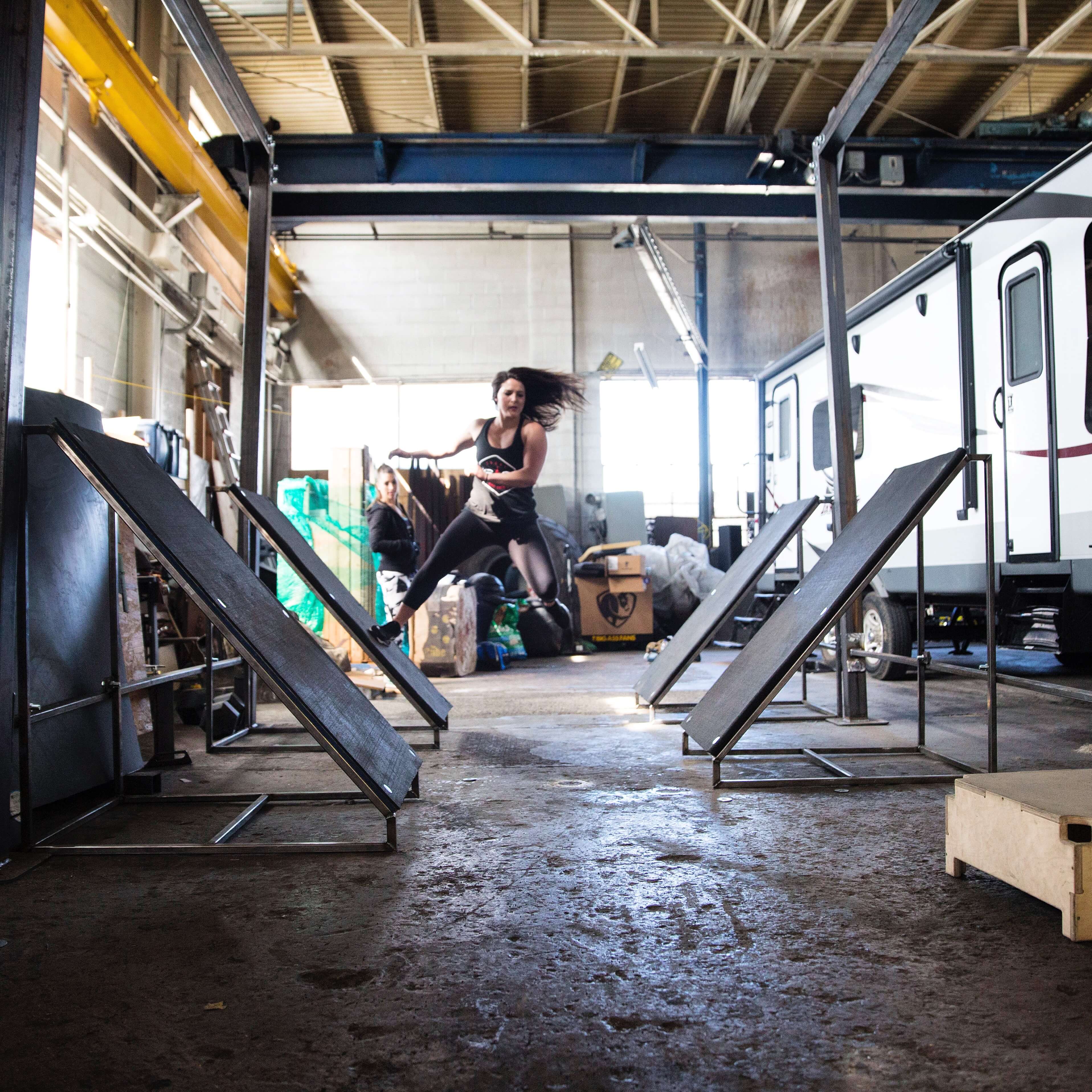Having problems with our pelvic floors is quite common for women especially if you have had kids. It is absolutely embarrassing when we have leakage in public and annoying as we put off playing with our children to avoid it.
Below are some common signs of a weak pelvic floor.
- accidentally leaking urine when you exercise, laugh, cough or sneeze
- needing to get to the toilet in a hurry or not making it there in time
- constantly needing to go to the toilet
- finding it difficult to empty your bladder or bowel
- accidentally losing control of your bladder or bowel
- accidentally passing wind
- a prolapse, this may be felt as a bulge in the vagina or a feeling of heaviness, discomfort, pulling, dragging or dropping
- pain in your pelvic area
- painful sex.
How do pelvic floor problems occur?
Pelvic floor problems can occur when the pelvic floor muscles are stretched, weakened or too tight. Some people have weak pelvic floor muscles from an early age, whilst others notice problems after certain life stages such as pregnancy, childbirth or menopause. Some people have pelvic floor muscles that are too tight and cannot relax. This can be made worse by doing squeezing exercises and overworking the muscles without learning how to relax.

Pelvic floor muscle fitness is affected by a number of things.
These include:
• not keeping them active or over working them • being pregnant and having babies • a history of back pain • ongoing constipation and straining to empty the bowels • being overweight, obese or having a body mass index (BMI) over 25 • heavy lifting (e.g. at work or the gym) • a chronic cough or sneeze, including those linked to asthma, smoking or hay fever • previous injury to the pelvic region (e.g. a fall, surgery or pelvic radiotherapy) • growing older.

Although it is hidden from view, your pelvic floor muscles can be consciously controlled and therefore trained, much like your arm, leg or abdominal muscles. Strengthening your pelvic floor muscles will help you to actively support your bladder and bowel. This improves bladder and bowel control and reduces the likelihood of accidentally leaking from your bladder or bowel Like other muscles in your body, your pelvic floor muscles will become stronger with a regular exercise program.
Exercises to improve the strength of your pelvic floor muscles
- Lying on your back with your knees bent and feet flat on the floor raise your bottom of the ground, engage your glutes and core. Repeat 10 times slowly

-
Sit, stand or lie down with your legs slightly apart and relax your thighs, buttocks and abdomen muscles. Tighten the ring of muscle around your front and back passages drawing the pelvic floor muscles up inside. Try to complete up to 10 slow squeezes and 10 fast squeezing exercises.
-
Stand with your back to a wall. Pressing your back into the wall slowly bend your knees till you are in a sitting position. Hold for as long as you can, relax and repeat.
Just like our other muscles strengthening them takes time
Repeat these exercise 3 – 4 times a week for 2 months before expecting to see a change.

